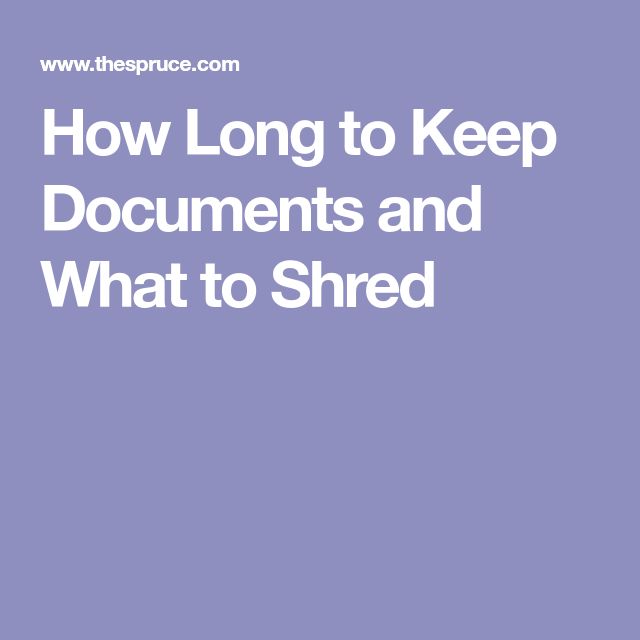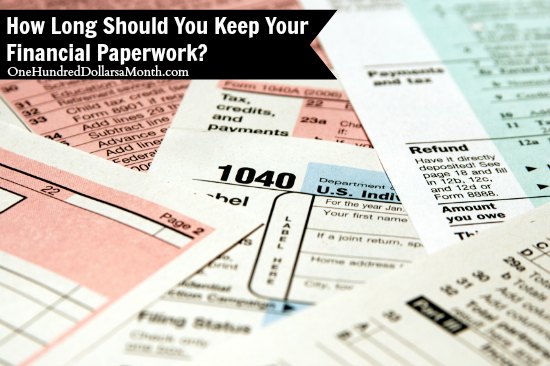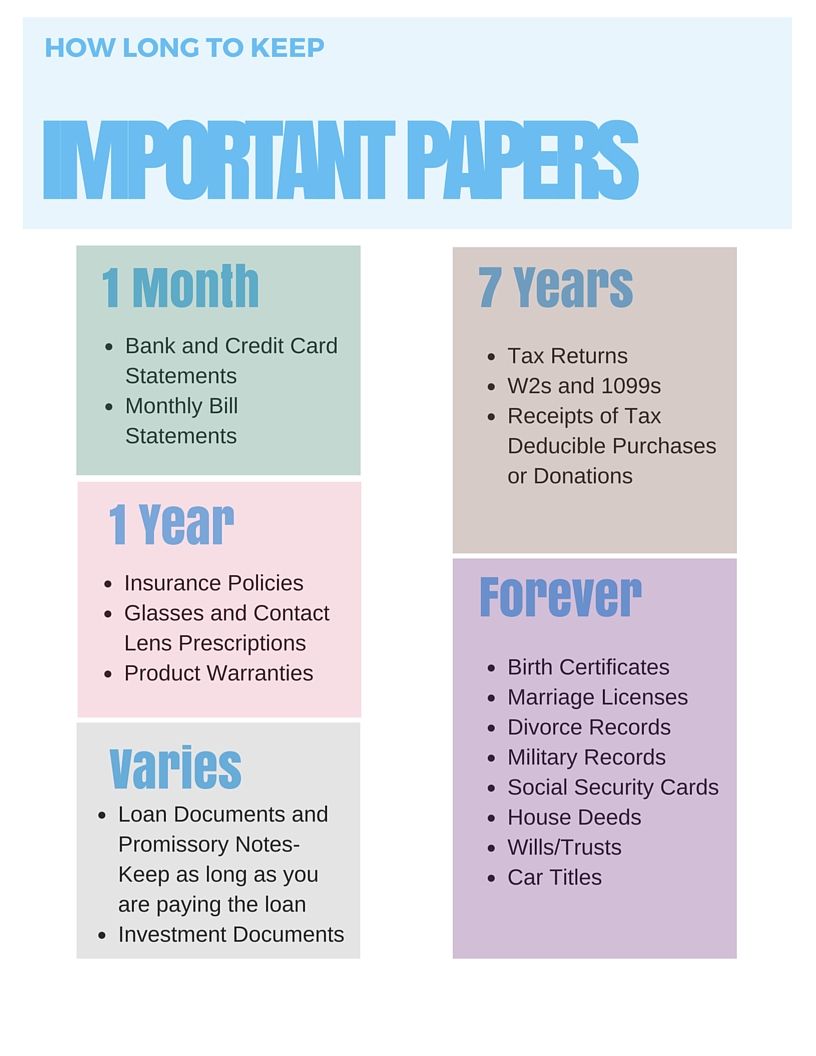How Much Paperwork Should You Really Keep?

When it comes to managing personal and business paperwork, one often asks, "How much do I really need to keep?" The answer isn't straightforward because it depends on legal requirements, record retention policies, and your personal or organizational practices. This comprehensive guide will delve into the nuances of document retention, addressing when to keep, when to shred, and how to manage these documents efficiently.
Legal Requirements for Document Retention

Before diving into practical tips for managing your paperwork, understanding legal retention requirements is crucial. Here are some common categories and the associated retention periods:
- Tax Returns and Supporting Documents: Generally, these should be kept for 7 years due to IRS audit windows, or 6 years if you are self-employed.
- Payroll and Payroll Tax Records: Retain these records for at least 4 years as per the IRS guidelines.
- Employment Records: For federal contractors, retain records for 3 years after the contract ends, or longer if there are any investigations or lawsuits.
- Bank Statements: Many experts recommend keeping these for at least 1 year, though you might want to keep them for up to 7 years if they support tax-related matters.
- Medical Bills and Health Insurance Records: Keep these for a minimum of 1 year after payment or claim resolution.
🔍 Note: While the above are common rules, always refer to the specific guidelines from the relevant authority or your accountant for tailored advice.
Why You Should Organize Your Documents

Organization of your documents isn’t just about keeping your home or office tidy. Here are some compelling reasons:
- Efficiency: Well-organized documents mean less time hunting for important files, resulting in quicker decision-making and administrative tasks.
- Compliance: Proper organization helps in meeting legal and regulatory compliance, especially during audits or legal proceedings.
- Security: Organized filing systems reduce the risk of sensitive information being misplaced or falling into the wrong hands.
How to Manage Your Paper Trail

Here are steps you can take to manage your paperwork effectively:
1. Digitize When Possible

Opting for digital storage can significantly reduce physical clutter. Scanning documents and storing them securely can:
- Prevent loss due to physical damage.
- Facilitate remote access to important files.
- Enable easy backup to prevent data loss.
🔌 Note: When digitizing, ensure you follow security protocols to protect sensitive information from cyber threats.
2. Implement a Retention Schedule

Develop or adopt a retention schedule that aligns with your legal obligations:
- Create Categories: Sort your documents into groups based on their nature (e.g., financial, legal, health-related).
- Set Retention Periods: Assign specific retention periods based on the legal, tax, or personal relevance of the documents.
- Regularly Audit: Annually or bi-annually review your retention schedule to ensure compliance and relevance.
3. Secure Storage and Access

Whether you keep physical copies or digital ones, security is key:
- Use locked cabinets or safes for sensitive physical documents.
- Ensure digital files are encrypted, password-protected, and backed up.
- Implement access control measures to limit who can view or alter documents.
🔒 Note: Sensitive documents should be accessible only to those who need them for their job functions.
4. Timely Disposal

When the time comes, know how to dispose of documents securely:
- Shredding: Shred documents with personal information to prevent identity theft.
- Recycling: Documents without sensitive data can often be recycled.
- Digital Deletion: Follow secure deletion methods for electronic documents to ensure they are irretrievable.
| Document Type | Retention Period | Disposal Method |
|---|---|---|
| Tax Returns | 7 years | Shredding |
| Bank Statements | 1-7 years | Shredding |
| Medical Records | 1 year after payment | Shredding or Secure Disposal |

🚯 Note: Always check for current laws on shredding or disposal of certain types of documents to avoid legal repercussions.
Practical Tips for Home Users

For those managing household paperwork:
- Create separate filing systems for different types of documents (e.g., one for bills, one for warranties).
- Keep a list or spreadsheet of your documents' locations and destruction dates.
- Utilize household scanners or smartphone apps to digitize bills and keep digital copies.
Wrap-Up

Managing paperwork doesn’t need to be overwhelming. With a clear understanding of legal requirements, a sound organizational strategy, and proactive document disposal practices, you can minimize clutter, maintain compliance, and ensure that your important documents are accessible when needed. Balancing the need for record keeping with the desire for simplicity can lead to a streamlined approach to handling your paper trail, making life easier and more organized.
How long should I keep tax documents?

+
As a general rule, you should retain tax returns and supporting documents for a minimum of 7 years. This timeframe allows for potential IRS audits which typically occur within 6 years.
Can I scan and shred documents?

+
Yes, scanning documents and shredding the physical copies is often recommended. Ensure that the digital copies are securely stored and regularly backed up.
What documents should I keep indefinitely?

+
Documents like birth certificates, marriage licenses, and deeds should be kept indefinitely due to their lifelong importance and legal significance.